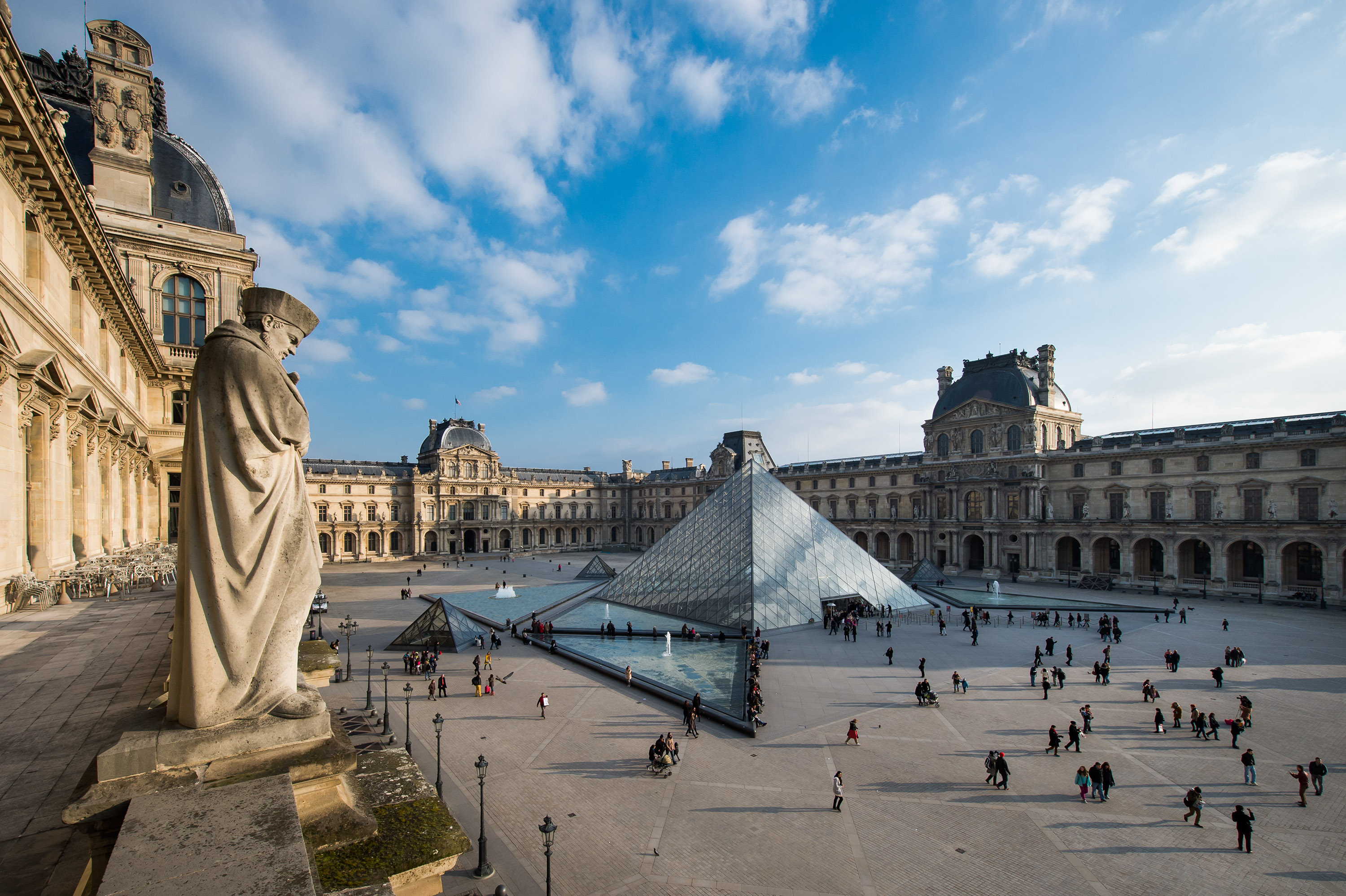
The Louvre in France and around the worldThe Louvre in France and around the world | Les partenariats en région
Regional partnerships (6)Display:Regional partnerships
Regional partnerships
When it was founded in 1793, the Louvre was intended to be the ‘museum of museums’ and to serve the entire country. It has always pursued a generous policy of short- and long-terms loans, exhibitions and partnerships designed to help other French museums to supplement their collections, organise temporary exhibitions or renew their displays. Today, the Louvre loans almost as many artworks as it displays (35,000) and is thereby at the service of every region and museum of France.
Work diplays policy
The Louvre is more strongly present all over France than any other museum, with a policy of successive long-term loans to other French museums that was initiated in the 19th century.
The importance of its historic partners – such as the Petit Palais in Avignon and the Musée Bonnat in Bayonne – remains unchanged, but in recent years the Louvre has expanded its reach to the country as a whole and reinforced its role as a key partner to the museums of France in an expert advisory capacity.
Territorial action and offsite projects
The choice of projects to support is essentially guided by scientific and cultural quality and by links with regional museums; however, the Louvre is also determined to develop a more coherent and visible regional strategy and a more balanced geographical representation. This is illustrated by its projects in overseas territories (such as Réunion), in western France (Bordeaux) and in eastern areas (Vic-sur-Seille near Nancy, Strasbourg, etc.).
The Louvre is also keen to collaborate with museums that propose new scientific and cultural projects, partners backed by local cultural authorities (Directions Régionales des Affaires Culturelles) and museums undertaking renovation projects. In recent years, the Louvre has actively contributed to such projects (in Nantes, Montauban, Amiens, Besançon, Dijon and Montargis).
Tours are planned in partnership with other museums to take the Louvre’s exhibitions to a wider audience.
Network-based scientific research is a more informal kind of regional activity. The Réseau d’Art Islamique en France (RAIF), coordinated by the Louvre’s Islamic Art Department, was set up to highlight and promote awareness throughout France of the country’s Islamic art heritage.
C’est accroché près de chez vous !
Vous l’ignorez peut-être mais vous pouvez venir admirer des œuvres du Louvre hors des murs du musée et parfois même tout près de chez vous ! En effet, des milliers d’œuvres du Louvre voyagent un peu partout en France et dans le monde entier grâce à la politique de dépôt active que mène le musée depuis sa création en 1793.